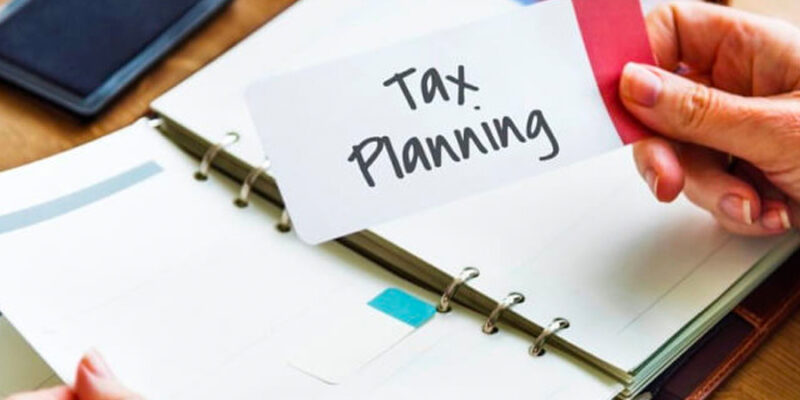For entrepreneurs, financial planning is a critical aspect of ensuring the long-term success and sustainability of their ventures. Among the various components of financial planning, tax planning holds a significant place. It is vital for business owners to understand that tax planning should not be a last-minute activity, triggered only by the nearing of the tax filing deadline. Unfortunately, this is a common scenario where many entrepreneurs start to assess their tax obligations in a rush as the final date approaches.
Effective financial planning for entrepreneurs involves a proactive approach to managing taxes. This means regularly reviewing financial statements, understanding potential tax liabilities, and making informed decisions throughout the fiscal year that can optimize tax outcomes. By integrating tax planning into their broader financial strategy, entrepreneurs can identify opportunities for tax savings, benefit from available deductions and credits, and avoid penalties associated with non-compliance or late filings.
Moreover, proactive tax planning allows entrepreneurs to align their tax strategies with their business goals. This could involve making strategic investments, adjusting revenue and expense recognition timings, or employing other tax-efficient practices that support the business’s growth and financial health.
In summary, tax planning should be an integral part of financial planning for entrepreneurs, not an afterthought. By prioritizing tax planning and seeking advice from tax professionals when necessary, entrepreneurs can better manage their tax burdens, ensure compliance, and contribute to the overall financial well-being of their businesses.
Instead of that, it can be profitable and also more effective if they sit down along with any tax professional much in advance and learn how they can reduce their various tax liabilities regularly and also maximize their deduction.
Every business owner must check their bookkeeping, which is the foundation of making any tax planning strategy, and review the income and expenses earned during each month and also meet after every quarter with their tax advisor for identifying how their business can capitalize based on the available provision, deduction, and credits.
The basics of your tax planning
Your basic aim for tax planning is saving money on your taxes. A few basic aspects include:
- Lowering your AGI
- Leveraging tax deductions
- Taking advantage of various tax credits.
Besides that, tax planning will also include that you must set aside a certain portion of income for your tax payments and timing large purchases to get a tax reduction and timing income.
When you consider your tax planning, your tax advisor will always be your valuable asset. He can help you to save your money on taxes, but can also help you to grow in your business and also meet all your financial goals.
The following are a few things you must consider while developing your tax planning strategy:
1. Take advantage of your business vehicle deductions
Businessmen who use their own car for work-related activities e.g., off-site meetings and visiting clients can deduct the expense of maintaining and operating that vehicle. You can claim this by subtracting either the regular mileage rate or your actual expenses incurred.
Simply keep detailed records, including your mileage and related receipts.
2. Optimize your business entertainment expenses
You might not realize that you can lawfully deduct entertainment expenses from your tax bill, to lower your responsibility and saving your company money.
Business subjects must be discussed during, before, or after lunch to qualify for this deduction, and the environment must be suitable for a business discussion.
3. Home office deductions can help
There are numerous intricacies to properly claim your home office deduction. However, the significant benefit this deduction provides to business owners makes all extra effort and record-keeping worthwhile.
Some practical actions are as follows that a business owner prefers to use a home office even on part time basis can take for ensuring smooth filing.
- Listing your home address and phone number on business cards
- Asking your guests to sign a logbook
- Deducting long-distance phone charges
- Keeping all receipts and also paid invoices
- Maintaining a time and also work log
Tax planning is the most effective strategy to save money on taxes while still being organized. We recommend setting up an orderly accounting system to document all spending and revenue throughout the year, as well as consulting with your tax advisor regularly to ensure you are always on track.














Comments